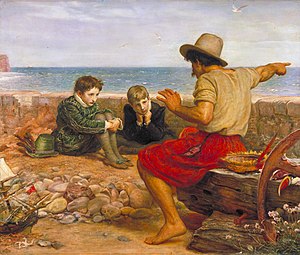Storytelling is a timeless human tradition, a way of transferring knowledge, wisdom, and culture from one generation to another. It predates written language, with early forms seen in cave paintings or heard in oral epics. Storytelling evolves with time, adapting to changes in society and tecnologia[2]. It encompasses various forms like fairytales, folktales, myths, personal narratives, and more. Today, storytelling continues to thrive and expand, finding new expressions through digital media[1] and role-playing games. It’s not only a form of entertainment but also serves educational and therapeutic purposes. Storytelling is a powerful tool for social change, helping to address issues, teach lessons, and foster empathy and understanding among diverse audiences. From ancient cave art to modern digital narratives, storytelling remains a vital part of our shared human experience.
Contar histórias is the social and cultural activity of sharing stories, sometimes with improvisation, theatrics or embellishment. Every culture has its own stories or narratives, which are shared as a means of entretenimento, education, cultural preservation or instilling moral values. Crucial elements of stories and storytelling include plot, characters e narrative point of view. The term "storytelling" can refer specifically to oral storytelling but also broadly to techniques used in other media to unfold or disclose the narrative of a story.

A seafarer tells the young Sir Walter Raleigh and his brother the story of what happened out at sea.